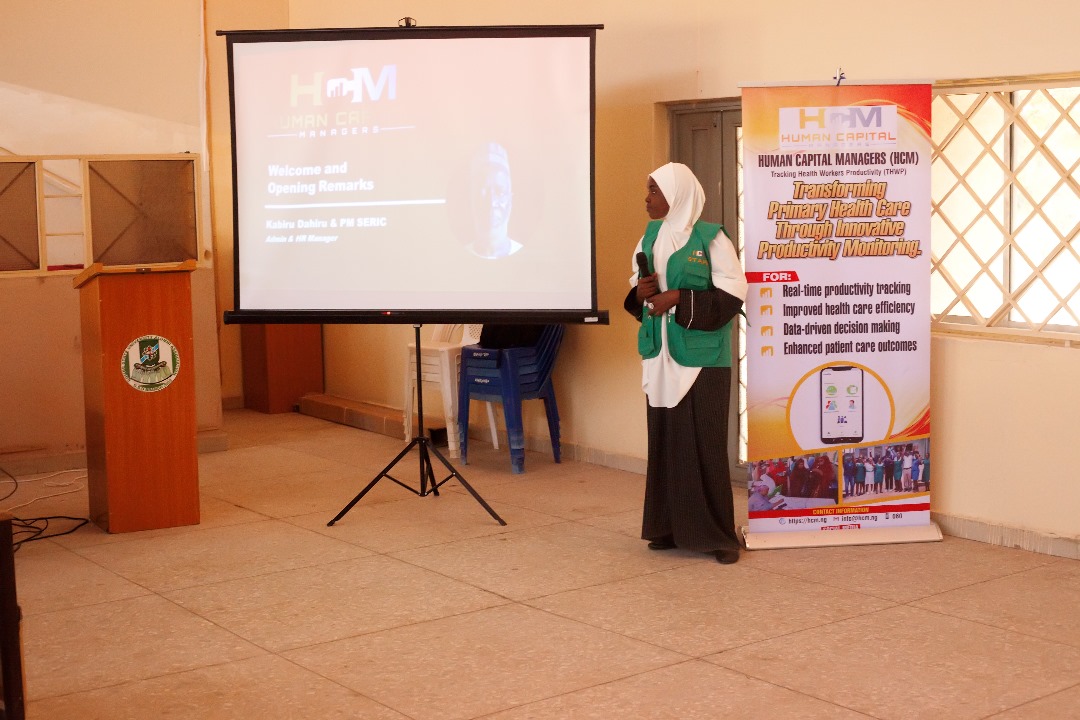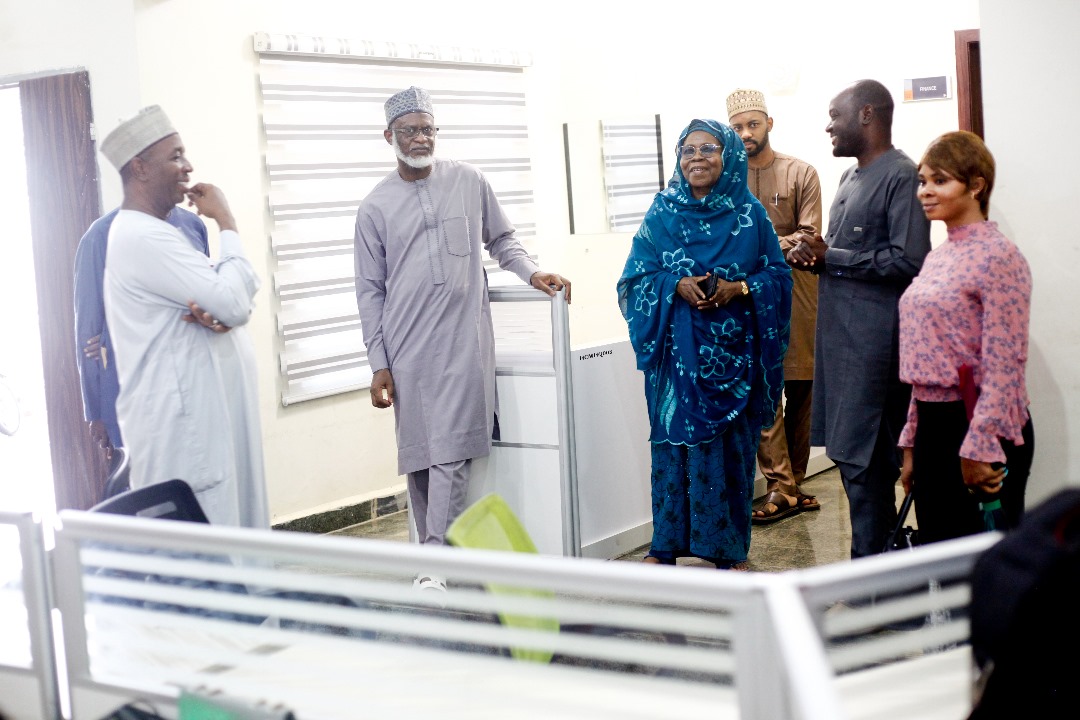On February 9–10, 2025, Human Capital Managers (HCM) hosted a two-day workshop in Kano to document the journey, achievements, and sustainability framework of the Gombe State Biometric Attendance System powered by TimeRite. The event brought together key government officials, committee leaders, and HCM’s project team to reflect on the system’s implementation and chart a path for its long-term success.
Opening the workshop, HCM’s Chief Executive Officer, Dr Ismail Jibrin emphasized its purpose: to capture the complete journey of the biometric system’s rollout and ensure its legacy as a benchmark reform.
Day One focused on revisiting the system’s inception in 2019, when a dedicated committee was established to verify civil service personnel across Gombe State. This foundational step paved the way for full implementation. Participants highlighted major milestones, including staff enrollment and verification, payroll validation, and the introduction of real-time attendance monitoring. These achievements produced measurable results: the elimination of ghost workers, reduction in absenteeism, streamlined payroll processes, and improved transparency across the public sector.
A dedicated session also captured lessons learned. Stakeholders exchanged insights on system operations, field challenges, and sustainability strategies, shaping a framework of best practices to inform future reforms in Gombe and inspire similar initiatives in other states.
Day Two shifted toward the future. Participants worked collaboratively to develop recommendations for strengthening compliance, scaling the system, and safeguarding its sustainability.
In his remarks, Mr. Masduk Abdulkarim, representative of the Gates Foundation, commended the spirit of collaboration that defined the workshop and reaffirmed the Foundation’s commitment to supporting healthcare transformation as a cornerstone of workforce management.
The Gombe State Biometric Attendance System remains one of Nigeria’s most successful public-sector technology reforms. Powered by TimeRite, it stands as a model of accountability, efficiency, and innovation—demonstrating the transformative potential of HR technology in advancing governance and workforce performance nationwide.






